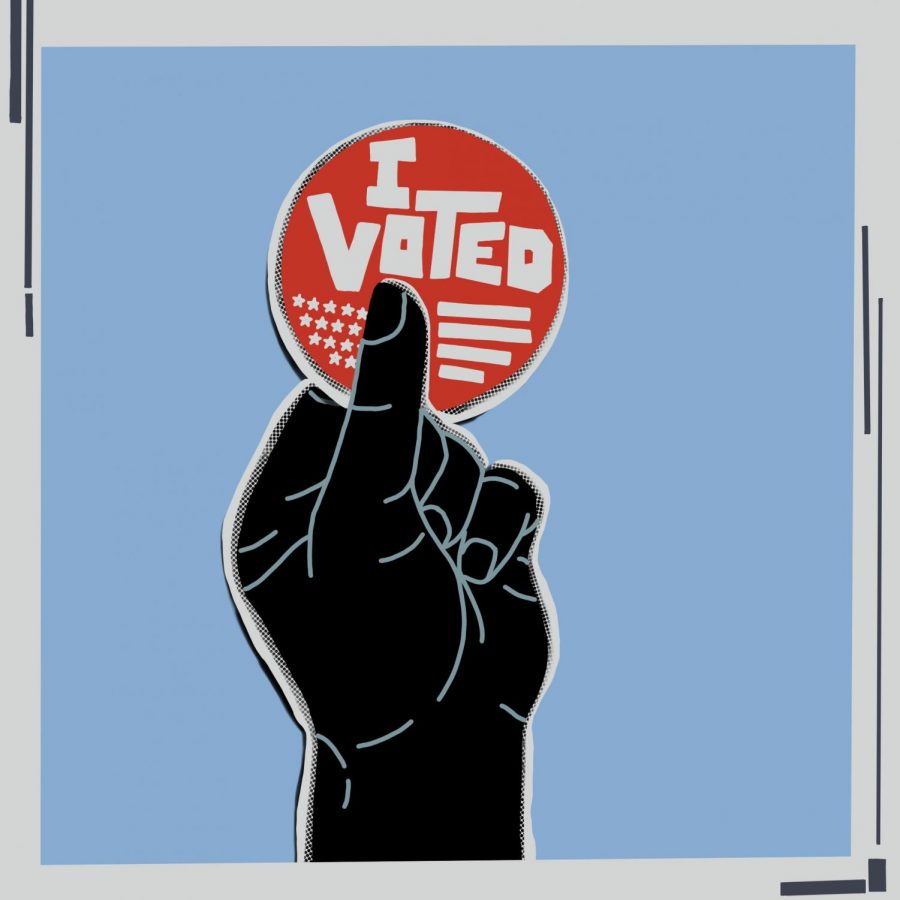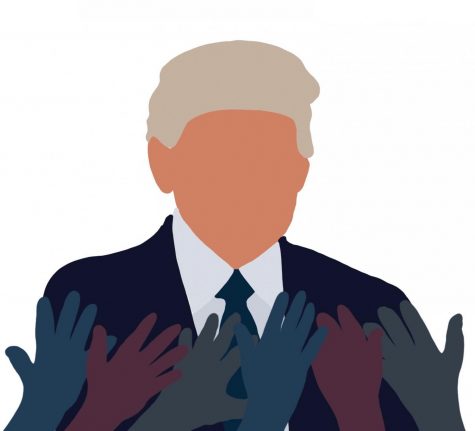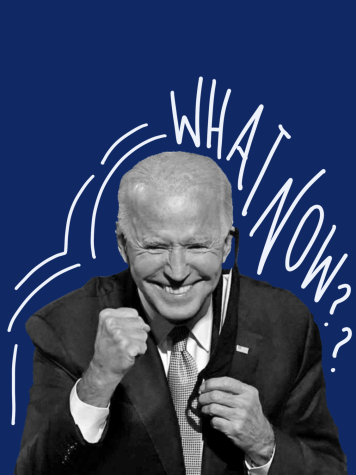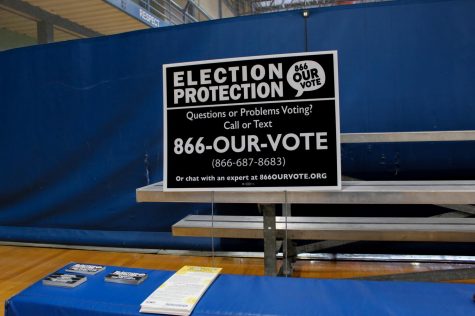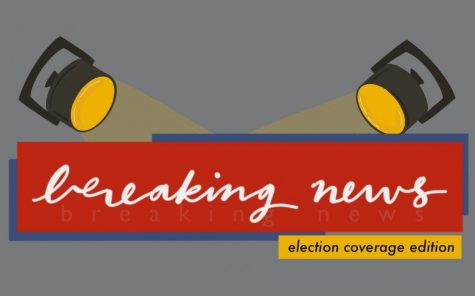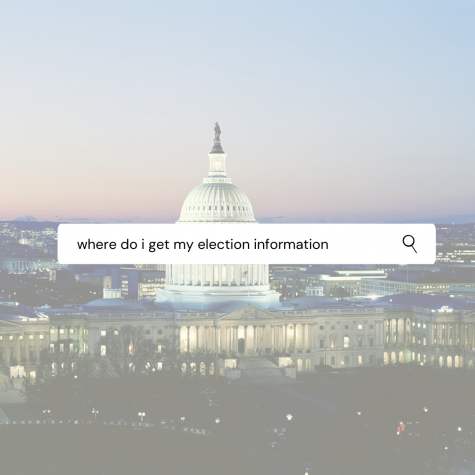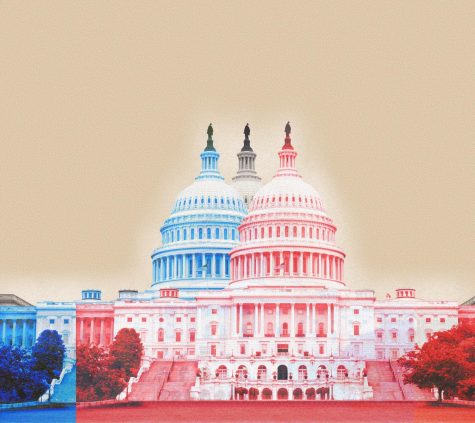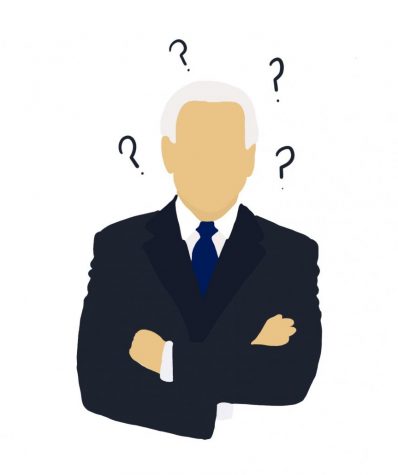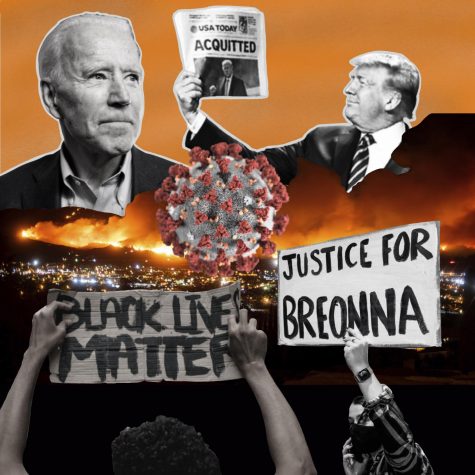Voter Suppression: Then and Now
The 15th Amendment of the United States Constitution, ratified in 1870, prohibits states from denying male citizens the right to vote based on “race, color, or previous condition of servitude,” and in 1920, woman gained the right to vote with the 19th amendment. However, decades of discriminatory practices towards Black voters, male and female, followed these formal legislative victories.
The Voting Rights Act of 1965 was signed by President Lyndon B. Johnson, guaranteeing Black Americans the right to vote as given by the 15th Amendment. This act was crucial in a time when Black Americans would be barred from voting by literacy tests, poll taxes and other types of suppression set in place to block the Black vote. The battle against voter suppression did not end with the Voting Rights Act, however.
Just as governments ignored the 15th Amendment, today’s governments continue to leave non-white communities underserved regarding elections. Predominantly Black communities in America regularly see understaffed polling places and glitched systems. The long lines that accumulate from voting hold ups cause voters to wait upwards to 11 hours to vote, or they leave frustrated without casting a ballot at all. Voters are allowed to cast their ballots if they are in line when the polling location closes.
Black voters in Georgia are familiar with long voting lines. Black counties in Georgia have an inadequate number of polling places compared to the number of registered voters, part of the reason that the state was sued twice for alleged voter suppression; first in 2018, and then after the recent primary elections.
COVID-19 has not stopped in-person voting, but crowded polling places hold health risks. In years past, the majority of polling location volunteers have been over 60 years of age, a group at high risk of COVID-19 complications and death. Should these workers sit out this election, recruitment for workers of different age groups is imperative. States across the nation have begun recruiting high schoolers who are not even of legal age to vote to work these polling locations.
Despite in-person voting, voters across the United States have been encouraged to send in absentee ballots. However, states such as Missouri require notarization of absentee ballots, posing another potential COVID-19 risk, exacerbated by the fact that Missouri does not offer early voting.
A Missouri resident is entitled to vote if they are registered, not imprisoned, have completed probation or parole after a felony, have not been convicted of a felony or misdemeanor connected to voting and are not incapacitated.
Acceptable forms of identification for voting in Missouri include an ID issued by state of Missouri or U.S. government, an ID issued by local election authority, ID from a Missouri university, college, vocational or technical school, or a current utility bill, bank statement, paycheck, government check or other government document that contains the name and address of the voter. If the voter has no ID, they may vote a provisional ballot or they may request a non-driver’s license free of charge for voting purposes from Missouri license offices.
Unlike Missouri, states like Georgia, Indiana and Kansas have strict voter ID laws. These laws disproportionately affect the elderly, poor and non-white voter. Even in states like Missouri where they can be free, IDs require paperwork such as a birth certificate or proof of address, which deters eligible voters who cannot obtain this paperwork for themselves. Transportation is also a deterrent. A person without an ID does not have a license, meaning they now have to figure out how to get to a licensing office in order to get the needed identification.
Decades after the Voting Rights Act, voter suppression remains an issue, with voters of color seeing the worst of it.
Your donation will support the student journalists of Saint Louis University. Your contribution will help us cover our annual website hosting costs.



